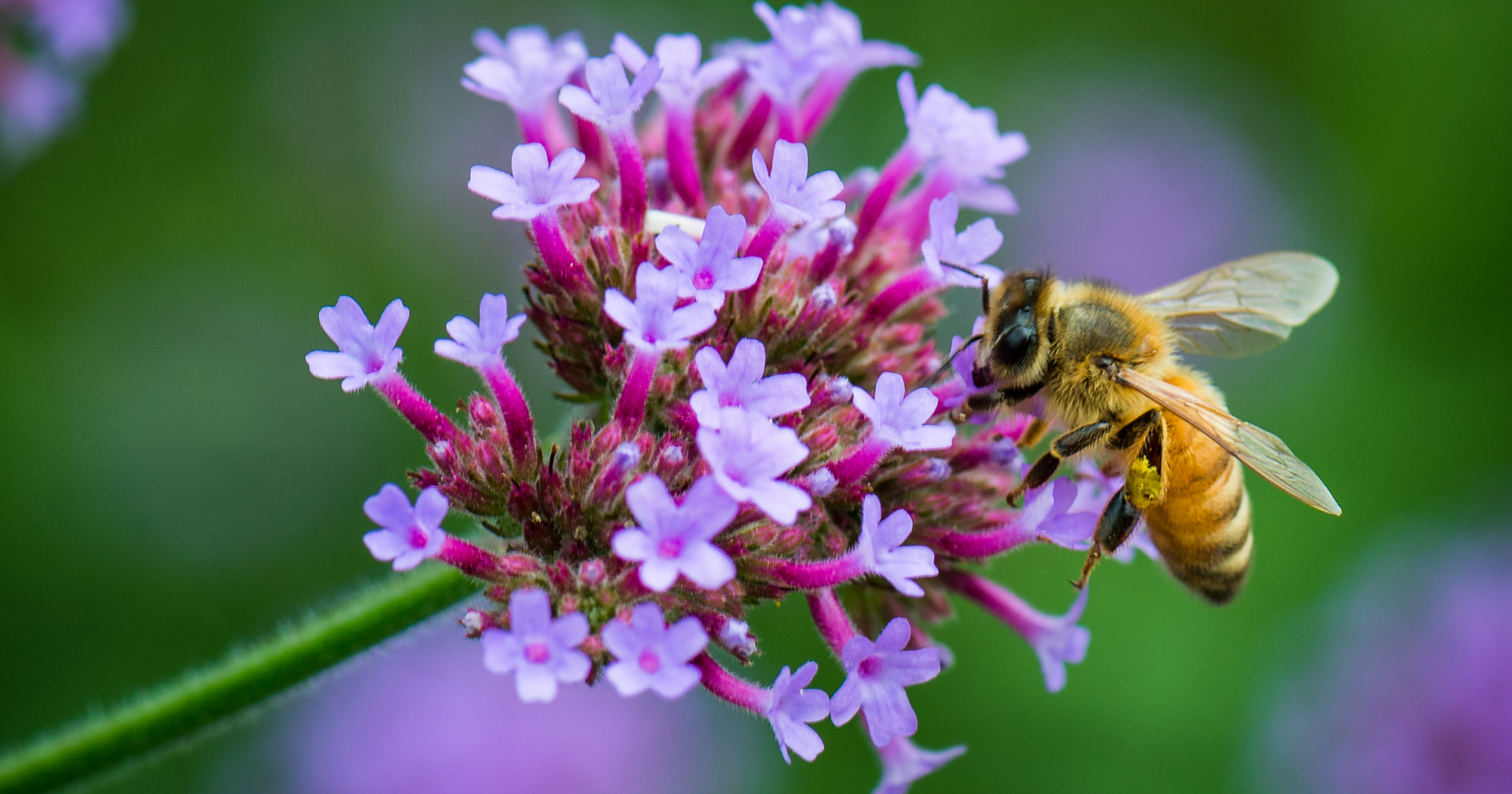Celebrating National Pollinator Week
Planting for pollinator habitat as our climate changes is so important-we have the opportunity to adapt our cultivated environments to make room for more native pollinators. Researchers are learning more every day about how these essential creatures survive and thrive. During this National Pollinator Week, we’re shining a bright spotlight on this important work and serving up several opportunities to learn more.
Conservation Specialist James Wolfin kicked off the week with a webinar on planting practices that benefit pollinators and the environment (think pocket plantings, trees and shrubs, bee lawns, pollinator meadows and more). Today, U of M PhD student Julia Brokaw is sharing her research on seed mixes and habitat restoration tips for supporting nesting bees. Colleen Satyshur and Thea Evans of the Minnesota Bee Atlas join the festivities tomorrow, highlighting stem-nesting bee ecology and conservation. And if you aren’t completely bee(t) by Friday, we’re wrapping up the celebration with a pollinator monitoring class led by Dr. Elaine Evans, researcher and extension educator at the U of M.
Once you’ve learned how to create habitat for pollinators, the next step is learning how to identify them. Last summer, I had the opportunity to attend a bee identification field day at Big River Farm put on in partnership with the University of Minnesota and the Xerces Society. The class covered the 10 broad categories of bees, plus flies, wasps and other insects that mimic bees.
I got to test out my new knowledge a couple weeks later during a pollinator inventory event at a diversely planted property in Wisconsin. This spring, I joined the University of Minnesota Bee Lab‘s bumble bee identification class (and learned that more than 20 different kinds of bumble bees inhabit Minnesota!). As the weather warms, I’ve been trying to practice these new identification skills, often checking my answers using the iNaturalist app.
The hort society is excited to bring you these opportunities to learn and sharpen your identification skills during National Pollinator Week. Once you’ve bee(fed) up your pollinator knowledge, keep an eye out for in-person pollinator monitoring events later this summer. All are welcome to join the fun at community gardens in the Twin Cities-don’t miss this chance to use your new skills.
Courtney Tchida is the hort society’s community programs director. After earning a degree in Environmental Horticulture, a master’s in Agricultural Education and a certificate in Permaculture Design, she managed the University of Minnesota’s student-run organic farm (Cornercopia) for 16 years.
Hungry for more? Join a webinar or workshop!
UPCOMING CLASSES

2 Comments
-
Pingback: Starting From Seed - Minnesota State Horticultural Society
-
Pingback: A Seed of an Idea - Minnesota State Horticultural Society
Back to Blog